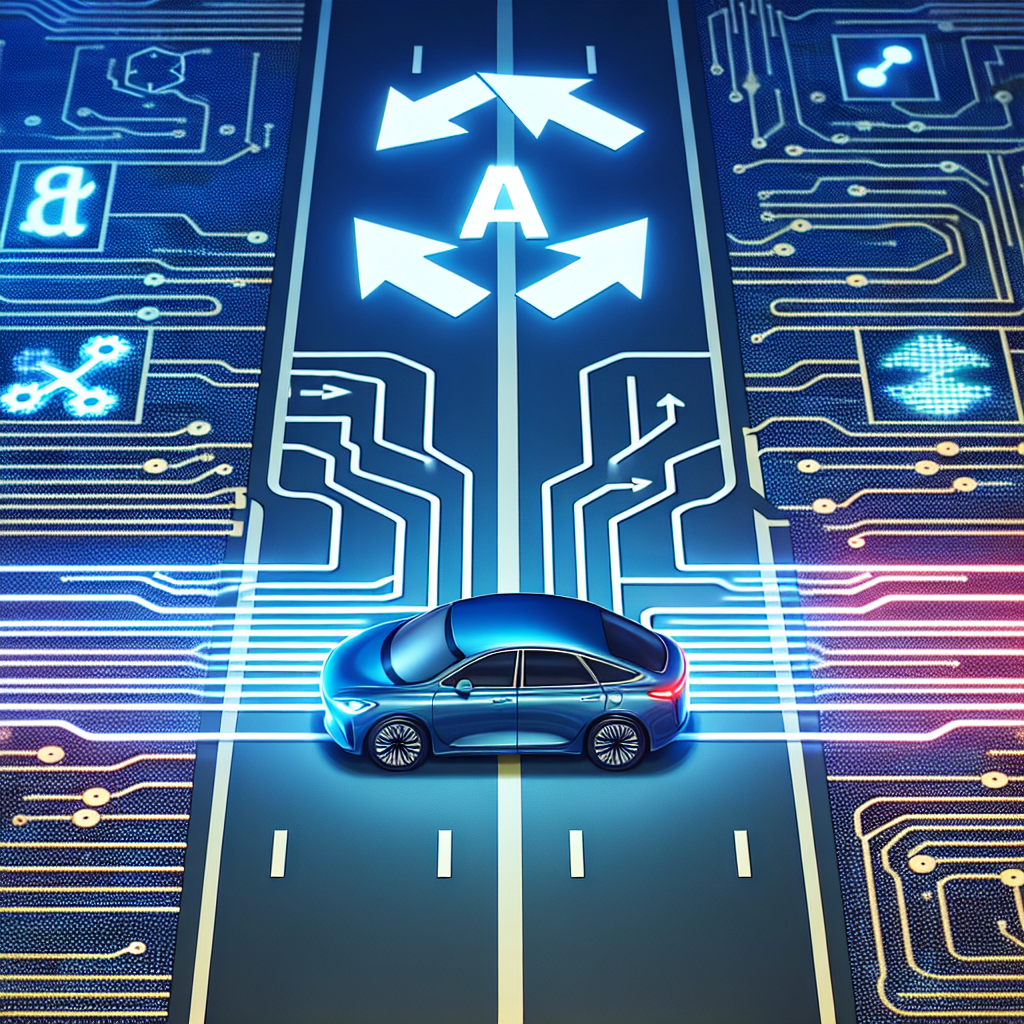The Ethical Dilemmas of AI in Autonomous Vehicles
The development and implementation of autonomous vehicles have been a hot topic in the automotive industry in recent years. With the promise of increased safety, efficiency, and convenience, it’s no wonder that companies like Tesla, Google, and Uber have been investing heavily in this technology.
However, as with any new technology, there are ethical dilemmas that arise when it comes to the use of artificial intelligence (AI) in autonomous vehicles. These dilemmas range from questions about liability and accountability to concerns about the potential for harm to be caused by these vehicles.
In this article, we will explore some of the ethical dilemmas surrounding AI in autonomous vehicles and discuss the implications of these dilemmas for society.
The Ethics of AI in Autonomous Vehicles
One of the main ethical dilemmas surrounding AI in autonomous vehicles is the issue of liability. In the event of an accident involving an autonomous vehicle, who is responsible? Is it the manufacturer of the vehicle, the AI system designer, the person in the vehicle, or some combination of these parties?
This question becomes even more complicated when you consider that AI systems are constantly learning and evolving. If an accident occurs because the AI system made a mistake, who is to blame? Should the responsibility lie with the AI system designer, the manufacturer, or both?
Another ethical dilemma is the issue of decision-making in autonomous vehicles. In the event of an unavoidable accident, how should the AI system prioritize the safety of different individuals? Should the system prioritize the safety of the occupants of the vehicle, pedestrians, or other drivers on the road?
This raises questions about the value of human life and how AI systems should be programmed to make decisions in life-threatening situations. Should the AI system prioritize the safety of the occupants of the vehicle, even if it means putting others at risk? Or should the system prioritize the safety of others, even if it means sacrificing the occupants of the vehicle?
Furthermore, there are concerns about the potential for bias in AI systems used in autonomous vehicles. If these systems are trained on data that reflects existing biases in society, they may perpetuate and even exacerbate these biases. This could lead to discriminatory outcomes in areas like hiring decisions, loan approvals, and law enforcement.
These ethical dilemmas highlight the need for careful consideration and regulation of AI in autonomous vehicles. While the technology has the potential to revolutionize the way we travel, it also raises important questions about safety, accountability, and fairness.
Implications for Society
The ethical dilemmas surrounding AI in autonomous vehicles have far-reaching implications for society. As these vehicles become more prevalent on our roads, we will need to grapple with questions about how they should be regulated, how liability should be assigned, and how decisions should be made in life-threatening situations.
One potential consequence of these dilemmas is a shift in the legal landscape surrounding car accidents. As autonomous vehicles become more common, traditional notions of liability may need to be reexamined. Should the responsibility for accidents involving autonomous vehicles lie with the manufacturer, the AI system designer, or some other party?
Another implication is the need for transparency and accountability in the development and deployment of AI systems in autonomous vehicles. Companies that are developing these technologies will need to be transparent about how their systems are trained, how decisions are made, and how biases are addressed.
Additionally, there is a need for greater public awareness and understanding of the ethical dilemmas surrounding AI in autonomous vehicles. As these vehicles become more common, it will be important for the public to be informed about the risks and benefits of this technology.
Frequently Asked Questions
Q: Who is responsible in the event of an accident involving an autonomous vehicle?
A: The question of liability in accidents involving autonomous vehicles is a complex one. It may depend on a variety of factors, including the actions of the vehicle’s occupants, the behavior of other drivers on the road, and the performance of the AI system itself.
Q: How should AI systems in autonomous vehicles prioritize safety in life-threatening situations?
A: This is a difficult question with no easy answers. Some argue that the safety of the occupants of the vehicle should be prioritized, while others believe that the safety of others on the road should come first. Ultimately, these decisions will need to be made through careful consideration and regulation.
Q: How can we address biases in AI systems used in autonomous vehicles?
A: Addressing biases in AI systems used in autonomous vehicles will require careful attention to the data used to train these systems. Companies developing these technologies will need to be mindful of the potential for bias and take steps to mitigate it through careful data selection and algorithm design.
In conclusion, the ethical dilemmas surrounding AI in autonomous vehicles are complex and multifaceted. As these vehicles become more prevalent in society, it will be important for regulators, companies, and the public to grapple with questions about liability, decision-making, and bias. By addressing these dilemmas thoughtfully and responsibly, we can ensure that AI in autonomous vehicles is used in a way that prioritizes safety, fairness, and accountability.

